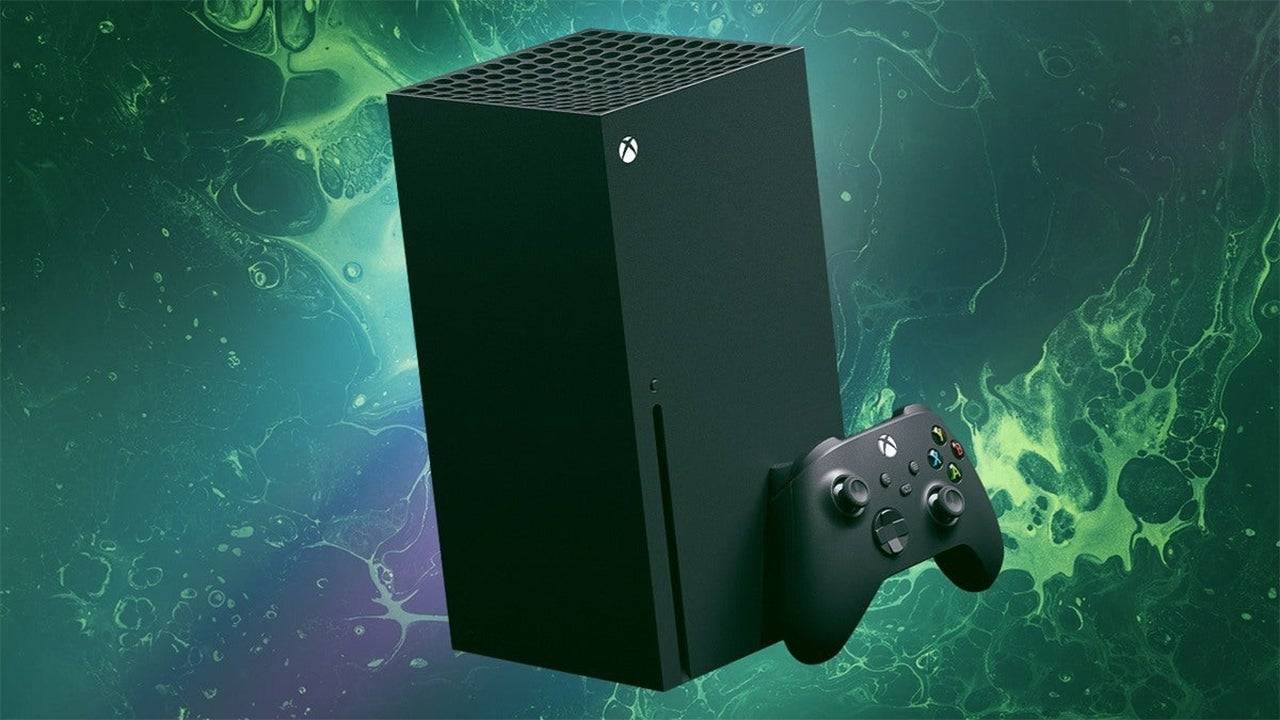Console War: Is It Finally Over?
The age-old debate between PlayStation and Xbox has been a staple of the video game world for decades. Whether you've engaged in heated discussions with friends, started a Reddit thread, or created a TikTok video on the topic, you've likely been part of this conversation. While some gamers swear by PC gaming or are devoted to Nintendo, the rivalry between Sony and Microsoft has shaped much of the video game industry's recent history. However, with the rapid evolution of the gaming landscape, including the rise of handheld gaming and the tech-savvy younger generations, the traditional 'console war' has transformed. Has a clear winner emerged? The answer might surprise you.
The video game industry has grown into a financial powerhouse, with global revenue reaching $285 billion in 2019 and soaring to $475 billion in 2023. This figure surpasses the combined earnings of the global movie and music industries, which totaled $308 billion and $28.6 billion respectively in 2023. Projections suggest that by 2029, the industry could generate nearly $700 billion, a remarkable leap from its humble beginnings with games like Pong.
This growth has attracted Hollywood stars like Mads Mikkelsen, Keanu Reeves, Jon Bernthal, and Willem Dafoe to the gaming scene, reflecting a significant shift in how video games are perceived. Even giants like Disney are investing heavily in gaming, with a $1.5 billion stake in Epic Games as part of Bob Iger's strategy to establish a gaming presence. However, not all companies are riding this wave of success equally. Microsoft's Xbox division appears to be struggling.

The Xbox Series X and S were designed to be a significant upgrade over the Xbox One, yet they have not captured the market as hoped. The Xbox One outsells the Series X/S by nearly double, and according to Mat Piscatella from Circana, the current console generation may have already peaked in sales. In 2024, the Xbox Series X/S sold less than 2.5 million units for the entire year, while the PlayStation 5 sold the same number in just the first quarter. Rumors of Xbox potentially closing its physical game distribution department and pulling out of the EMEA region further suggest a retreat from the console market.
Microsoft has seemingly acknowledged this struggle. During the Activision-Blizzard acquisition, it was revealed that Microsoft believes the Xbox division never had a real chance in the console war. As a result, Xbox is shifting its focus away from traditional console sales. Xbox Game Pass has become a central strategy, with Microsoft willing to pay substantial sums to include major titles like Grand Theft Auto 5 and Star Wars Jedi: Survivor on the service. The 'This Is An Xbox' campaign emphasizes this shift, positioning Xbox as an accessible service rather than just a console.
This redefinition extends to hardware, with rumors of an Xbox handheld in development, hinting at a 'hybrid cloud gaming platform.' Microsoft's plans to launch a mobile game store to compete with Apple and Google, and Xbox chief Phil Spencer's acknowledgment of mobile gaming's dominance, underline this new direction. Xbox aims to be a brand you can play anytime, anywhere.

The shift to mobile gaming is undeniable. In 2024, of the estimated 3.3 billion gamers worldwide, over 1.93 billion play on mobile devices. Mobile gaming now dominates the market, with a valuation of $92.5 billion in 2024, comprising half of the total $184.3 billion video game industry. Console gaming, in contrast, accounts for just $50.3 billion, a 4% drop from the previous year. This trend is not new; by 2013, mobile gaming in Asia was already far ahead of the West, with games like Puzzle & Dragon and Candy Crush Saga outperforming even GTA 5 in revenue.
PC gaming has also seen significant growth, with an increase from 1.31 billion players in 2014 to 1.86 billion in 2024, boosted by a surge during the COVID-19 pandemic. Despite this, the gap between console and PC gaming has widened from $2.3 billion in 2016 to $9 billion in 2024, suggesting a decline in PC gaming's market share.

On the other side of the console war, Sony's PlayStation 5 is performing well, with 65 million units sold to date, far outpacing the 29.7 million units of the Xbox Series X/S. Sony's Game and Network Services saw a 12.3% profit increase, driven by strong sales of first-party titles like Astro Bot and Ghost of Tsushima Director’s Cut. Projections suggest that by 2029, Sony could sell 106.9 million PS5s, while Microsoft expects to sell between 56-59 million Xbox Series X/S units by 2027. Sony's lead is clear, but the PS5's library of exclusive titles remains relatively small, with only about 15 true PS5-exclusives, which may not justify its $500 price tag for many consumers.
The $700 PS5 Pro received a lukewarm reception, with many feeling the upgrade came too early in the console's lifecycle. The lack of compelling new games to showcase its capabilities has led to skepticism about its value. However, the upcoming release of Grand Theft Auto 6 could change this narrative, potentially becoming the defining title of this generation.
So, who won the console war? Microsoft seems to have conceded defeat, focusing instead on cloud and mobile gaming. Sony's PlayStation 5 is successful but lacks the groundbreaking exclusives to fully justify its cost. The real winners appear to be those who have embraced mobile gaming, which is increasingly central to the industry's future. With companies like Tencent eyeing acquisitions and mobile gaming driving significant revenue, the next chapter of gaming will likely be defined by cloud gaming and mobile platforms rather than traditional console hardware.
Latest Articles































